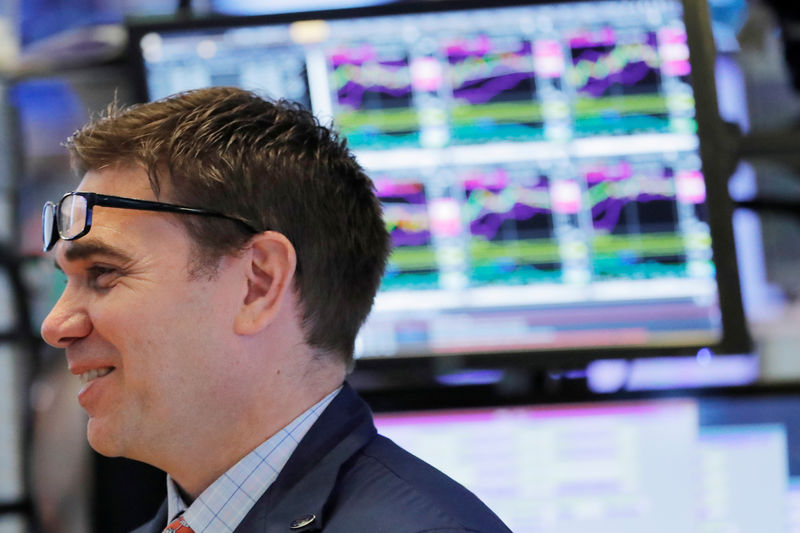By Noel Randewich
SAN FRANCISCO (Reuters) - Wall Street's modestly-sized publicly listed companies are beating out the heavyweights. The Russell 2000 (RUT), which tracks U.S. small capitalization companies, on Monday slipped 0.2 percent, but earlier in the session rose to within less than two points of its previous record high of 1,615.5 points.
Another small cap index, the S&P 600 (SPCY), closed at a record high on Friday, underscoring the ascent of a section of the stock market often overlooked by investors.
Many small cap companies have benefited from an expanding U.S. economy and deep corporate tax cut enacted this year.
"When the economy is stronger than normal, small caps do better," said Ryan Detrick, senior market strategist for LPL Financial. "With a good economy like we've seen happening this year, we fully expect this to keep playing out in the second half of the year."
Widely used by small-cap oriented investment funds to benchmark their performance, the Russell 2000 has gained over 4 percent in 2018, compared to the S&P 500's 2 percent rise. That is a reversal from last year, when the Russell 2000 rose 13 percent, underperforming compared to the S&P 500's 19 percent rally.
The Russell has gained 9 percent from its lowest 2018 close on Feb. 8, while the S&P 500 has recovered 6 percent from the same date.
Following a strong quarterly earnings season on Wall Street, the energy and technology sectors have led among small cap stocks, in line with the broader market.
Energy stocks in the Russell 2000 are up about 14 percent on average since the end of March, with technology small caps up about 5.9 percent, according to Thomson Reuters data.
The index tracks the performance of the smaller two thirds of the largest 3000 companies on the U.S. stock market.
Small cap companies in the past have often paid higher tax rates than their larger rivals, which means that in many cases they have more to gain from Republican-led tax cuts introduced this year.

The domestic focus of many small U.S. companies also makes them less vulnerable ahead of trade talks between the United States and China aimed at resolving a trade dispute between the countries.